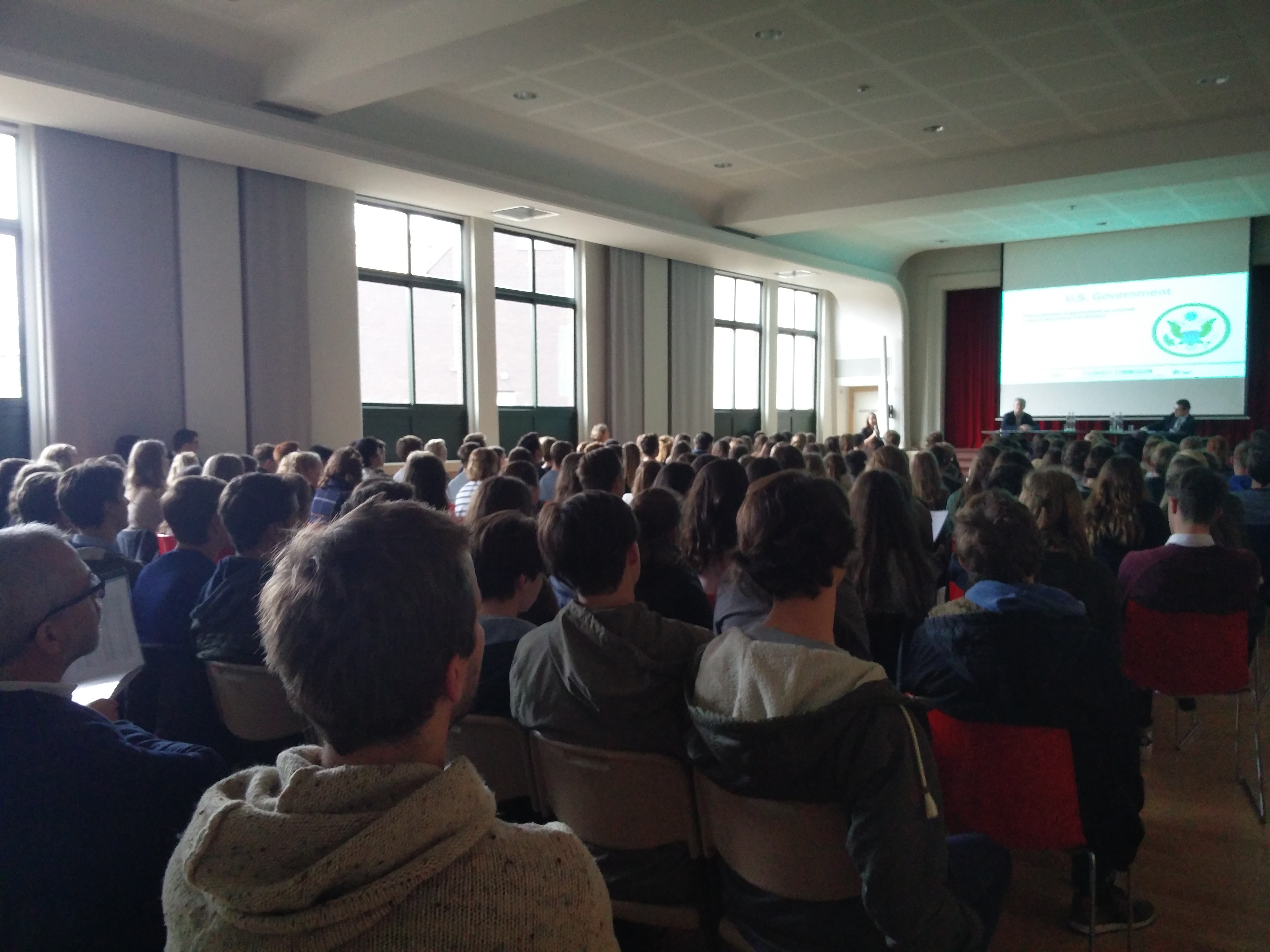
TV doctor Gregory House (Hugh Laurie) not the best example to show ‘kindness’ to his patients (here with Amy Irving as Alice).
Kindness should be an integral part of a doctor’s duty to a patient. Writing in the Journal of the Royal Society of Medicine, Dr David Jeffrey, an honorary lecturer in palliative medicine at the Centre for Population Health Sciences in Edinburgh, says that today’s competitive medical culture does not consistently support the practice of kindness. “Doctors may view kindness as ‘nice’ but not an essential part of their practice” he says.
Unkindness can be found at all levels, writes Dr Jeffrey, from doctors who humiliate students and junior doctors by embarrassing them in the presence of patients and their peers, through to institutional unkindness when prolonged investigations of complaints may subject doctors to unbearable stress. Unkindness to patients may be more subtle; by using distancing tactics such as appearing busy, concentrating on scans and test results, and ignoring patients’ anxieties, doctors can leave patients feeling isolated.
Dr Jeffrey, who is currently undertaking a PhD on empathy in medical students, writes that practising medicine in today’s competitive society is often a life of overwork, anxiety and isolation. “Modern medical education and clinical practice values independence and competition” he says, adding: “Medicine is not a competitive sport yet sadly some doctors take a lifetime to learn this.”
Dr Jeffrey advocates that kindness should be restored into medical care by teaching medical students to value kindness, tolerance and an open approach to others. “Kindness is an integral part of what makes us fully human and should be established as one of the doctor’s duties to a patient.”
***
A duty of kindness (DOI: 10.1177/0141076816643333) by David Jeffrey was published by the Journal of the Royal Society of Medicine on Wednesday 27 April 2016.
The JRSM is the flagship journal of the Royal Society of Medicine and is published by SAGE. It has full editorial independence from the RSM. It has been published continuously since 1809. Its Editor is Dr Kamran Abbasi.
Sara Miller McCune founded SAGE Publishing in 1965 to support the dissemination of usable knowledge and educate a global community. SAGE is a leading international provider of innovative, high-quality content publishing more than 900 journals and over 800 new books each year, spanning a wide range of subject areas. A growing selection of library products includes archives, data, case studies and video. SAGE remains majority owned by our founder and after her lifetime will become owned by a charitable trust that secures the company’s continued independence. Principal offices are located in Los Angeles, London, New Delhi, Singapore, Washington DC and Melbourne. www.sagepublishing.com.
Source: Royal Society of Medicine, UK
Categories: Breaking News, Leadership in Medicine















